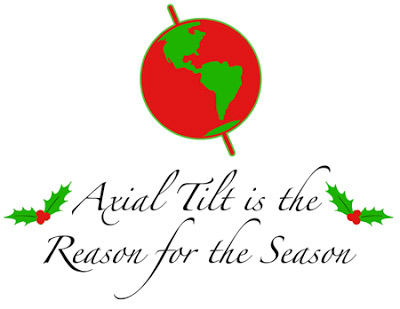
On December 21 Julia Ioffe published an article in the Washington Post, titled “Please Don’t Wish Me ‘Merry Christmas.”
In it, she makes it clear that her response to being greeted with, “Merry Christmas” is to say, “Thanks, you too,” and then she goes on to explain why she doesn’t want people to greet her that way. Unfortunately, it’s not surprising that many of the comments on this post are fairly hostile.
I say, “not surprisingly” because the internet is a place where people often take advantage of the relative anonymity and detachment to be mean to other people without having to experience the consequences of doing so.
However, many of the responses seem to fly in the face of the reason why most people claim they say, “Merry Christmas” in the first place. While commenters say they’re just trying to add a little holiday cheer, or just trying to be nice, commenters also say things like, “Suck it up buttercup….no one is trying to offend you or call you out in any manner…maybe you are overthinking it.” (ellipses in original comment – nothing has been omitted). Several people responded to her simple request by passively aggressively commenting with, “Merry Christmas,” thereby showing that they’re going to say it no matter what she, or anyone else, thinks.
These reactions go to show that these commenters are not, in fact, saying “Merry Christmas” to spread holiday cheer, or to be nice to other people.
When the phrase “Merry Christmas” is used as a weapon, as it is by these commenters, it is transformed from a greeting to an attack.
These reactions are further confirmation of the saying that, to those who are privileged, equality feels like oppression. These posters are reacting defensively, because, apparently, they feel like the author’s request to not be subjected to their holiday greetings is oppressive. They are being asked to change their behavior, and they don’t want to do so. They can’t imagine that the author has a valid point, because they have never been put in a position of feeling the way she feels.
The commenters remind me of an episode in the podcast “This American Life” in which a woman had a series of conversations with a man who liked to catcall women and, on occasion, slap women he didn’t know on the rear. He said he did these things because it was “fun,” and insisted that the women seemed to think it was fun, too.
The interviewer took great pains to explain to the catcaller that often women smile and laugh when men do inappropriate things, not because they like it, but as a means of self-protection, in order to avoid an escalation that might lead to violence. She let him know how awful she, and other women, feel when we are on the receiving end of this kind of behavior. The catcaller, apparently, felt bad about what he had done for a short while, but in the end chose to ignore what he had been told, and resumed his harassing behavior.
Why would people continue to do something even when they know their behavior is harmful to other people? It’s the privilege of not knowing what it’s like to be the one being hurt. It’s the privilege to summon up enough internal dissonance to think, “I’m just being nice, so suck it up, buttercup.” It’s the privilege to decide that the pleasure you get from doing something outweighs the harm it does to others. It’s all quite disheartening.
I do, however, choose to believe that these negative responses should not deter us from continuing to talk about how the privilege of others harms us. Empathy is a muscle that isn’t used enough in some circles, and privilege will not be recognized if we don’t continue to speak out about it. I do believe the arc bends toward justice, and we need more brave voices like Julia Ioffe’s to continue to facilitate the bending.























 More news and opinions than at a Shabbat dinner, right in your inbox.
More news and opinions than at a Shabbat dinner, right in your inbox.